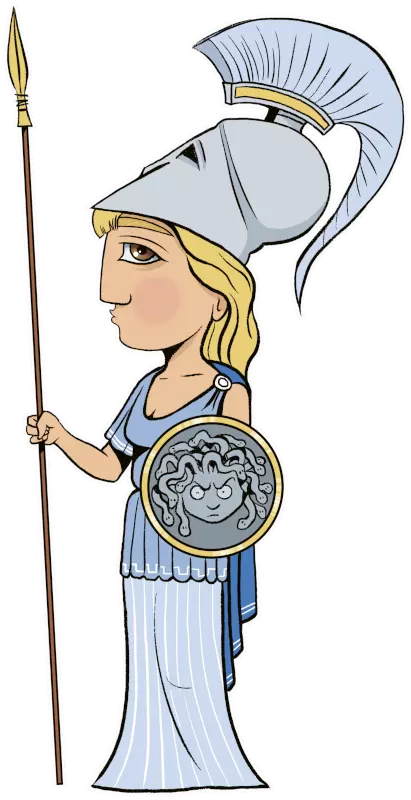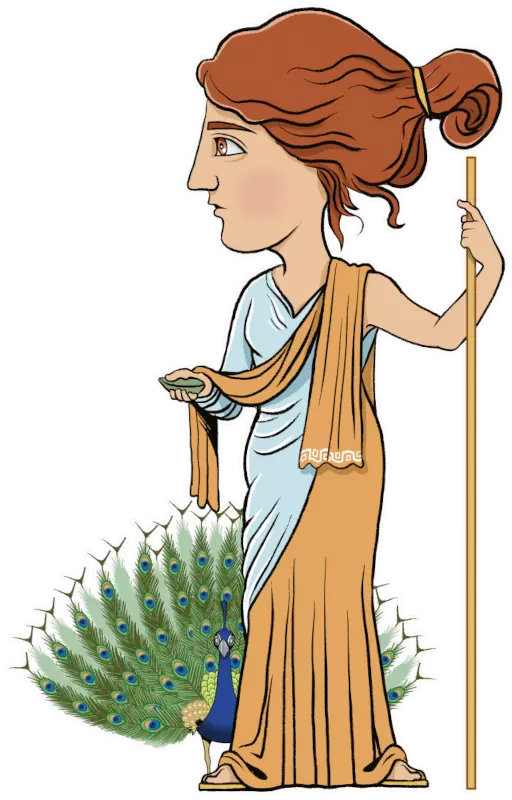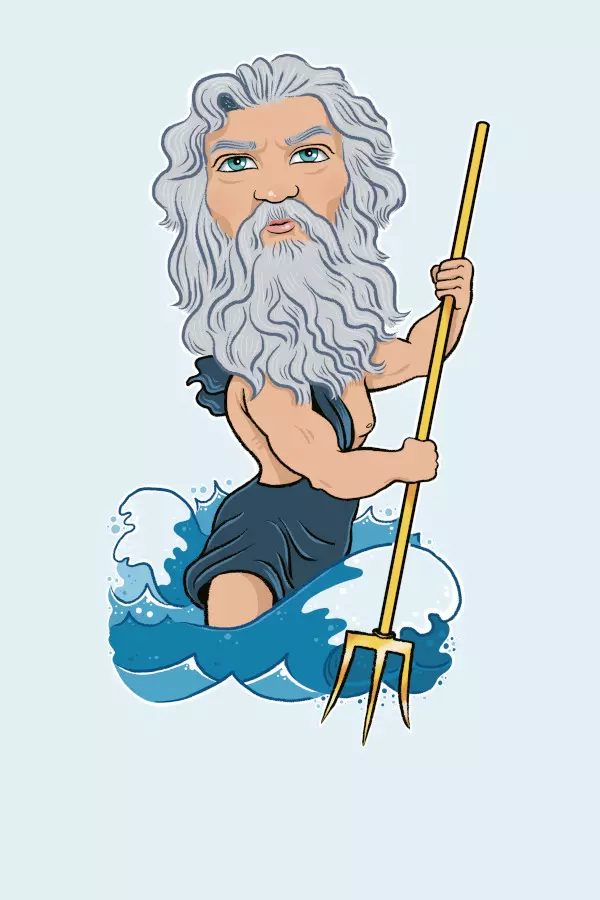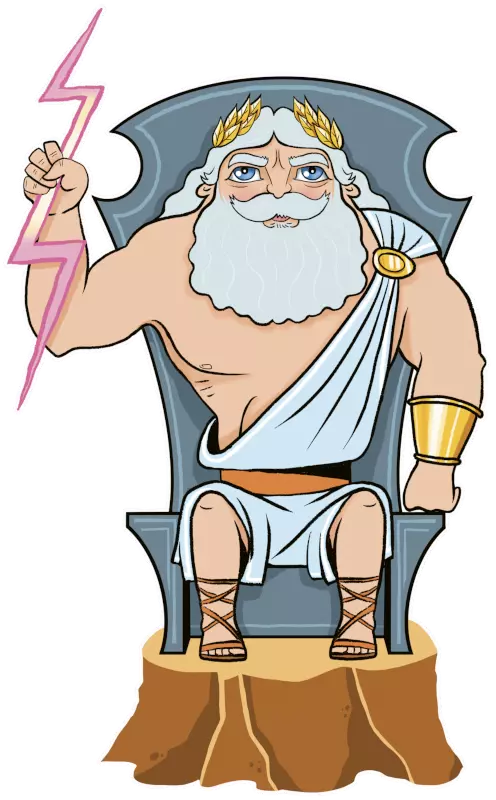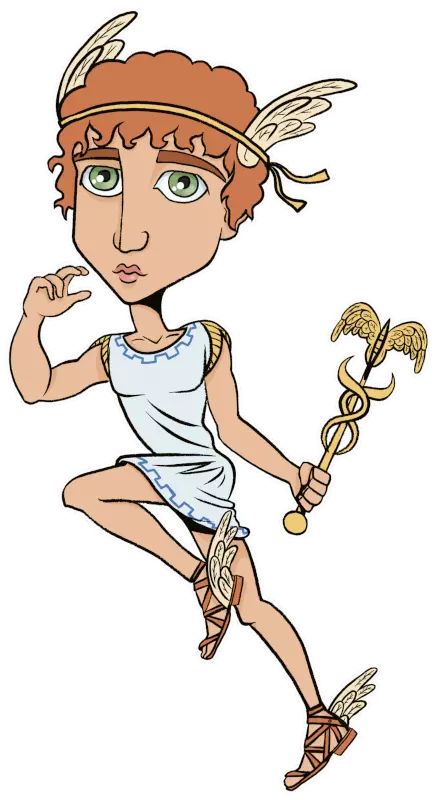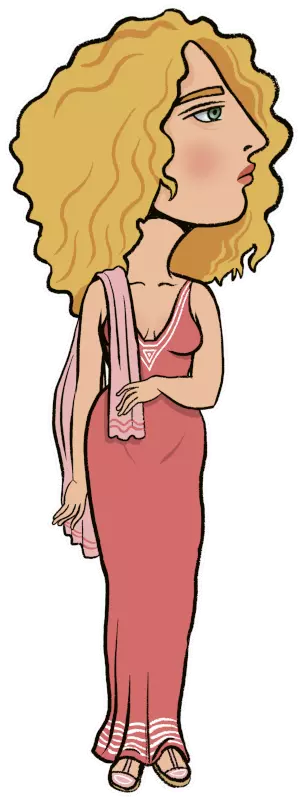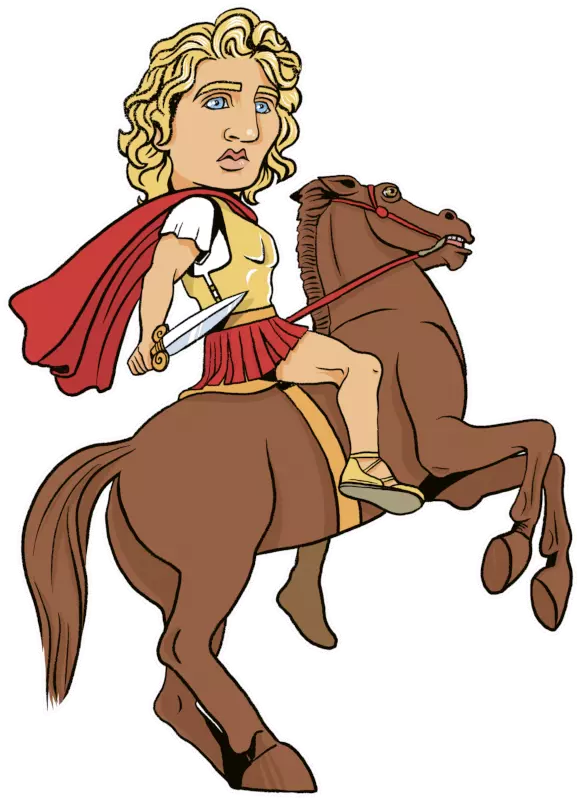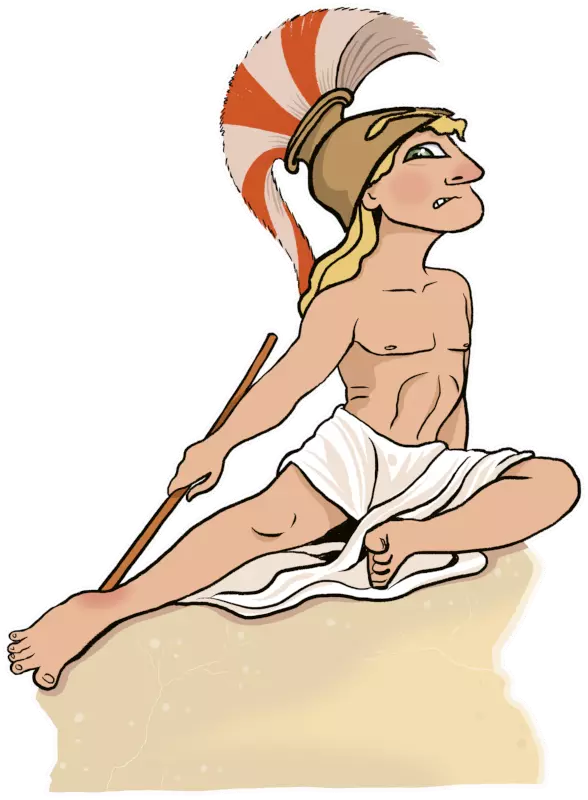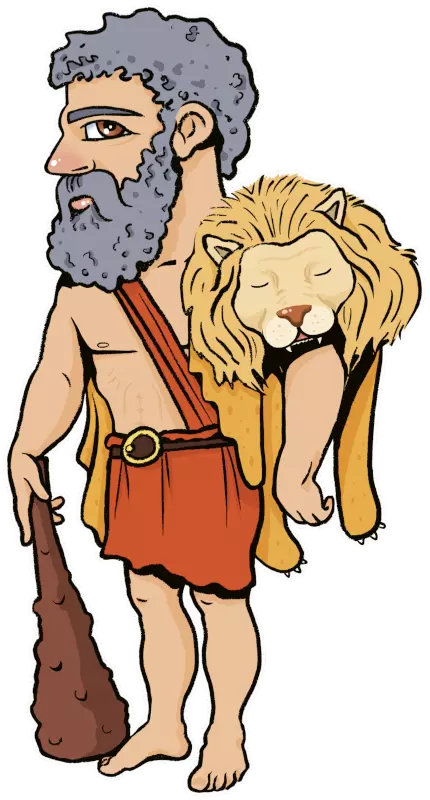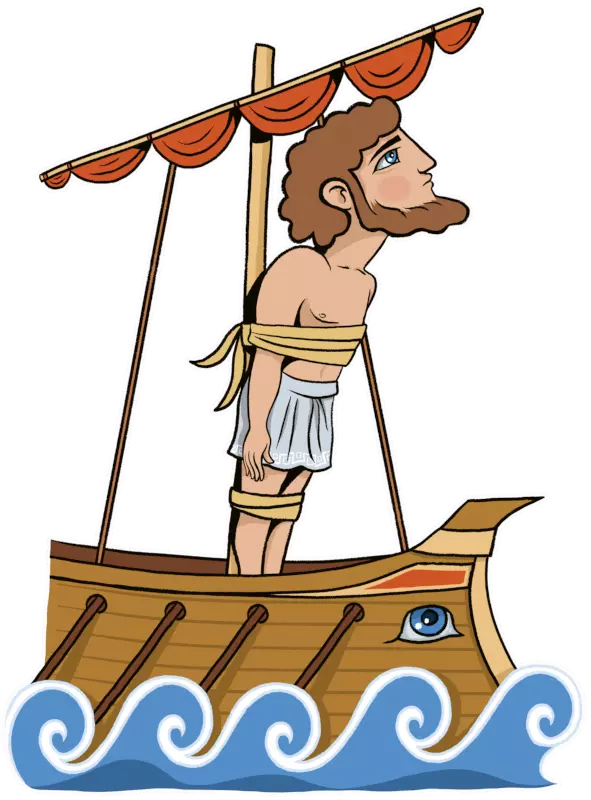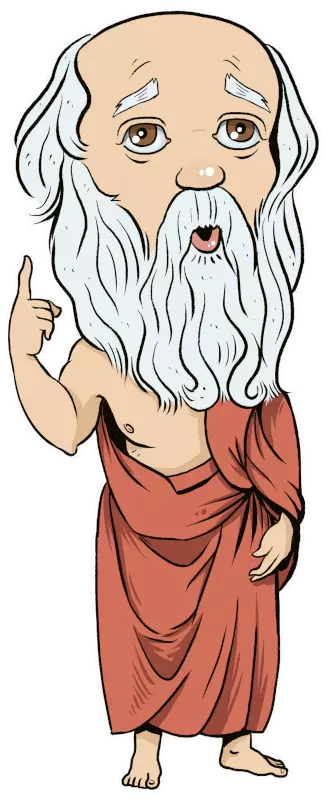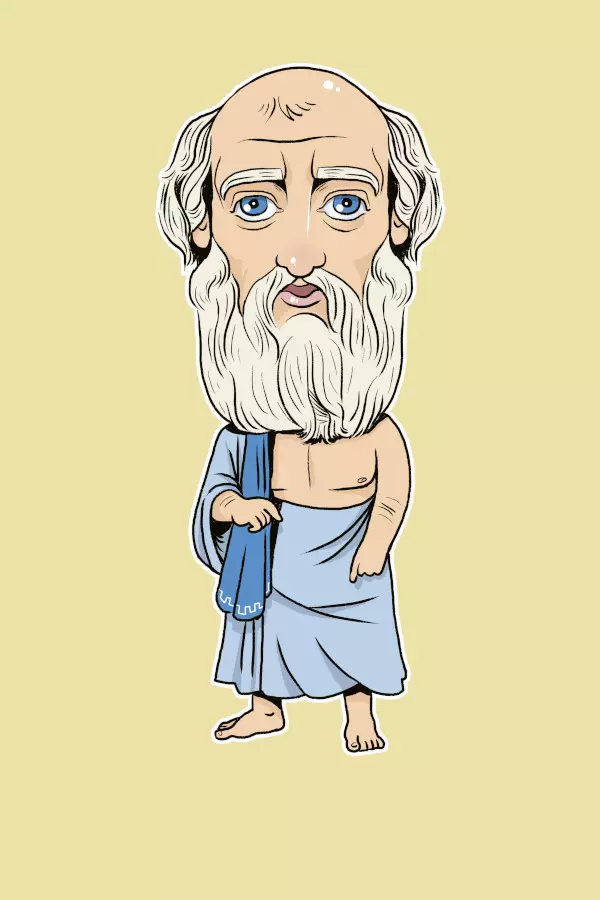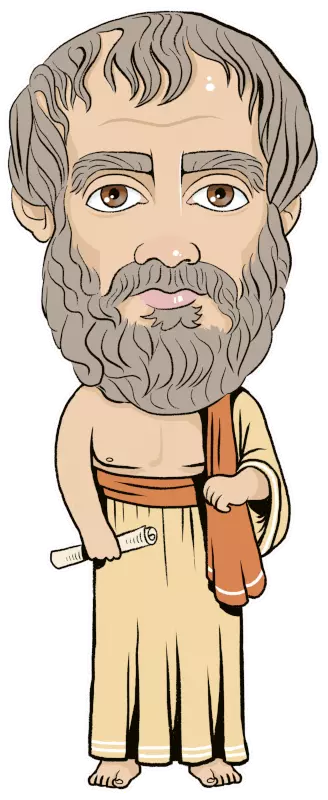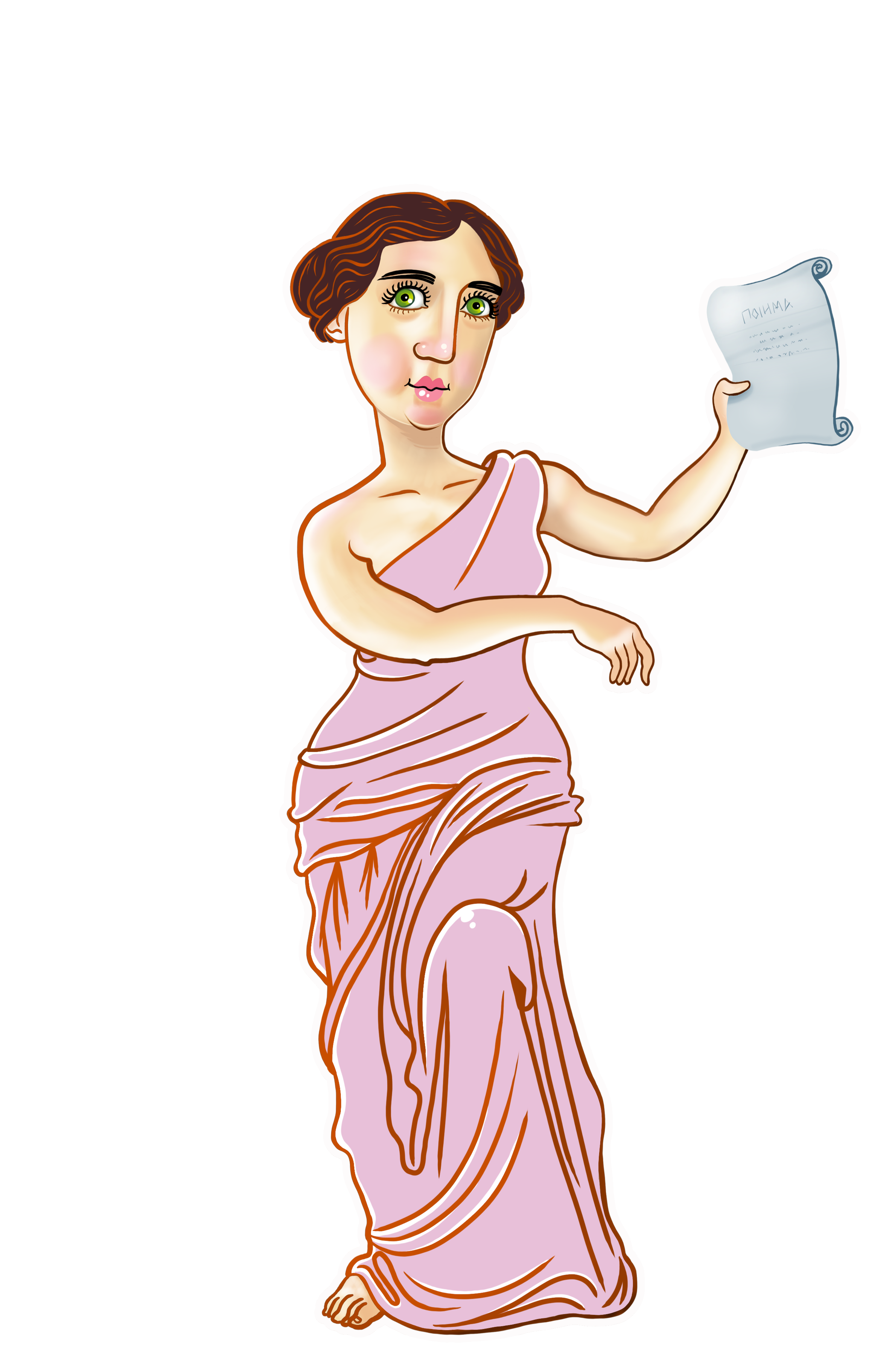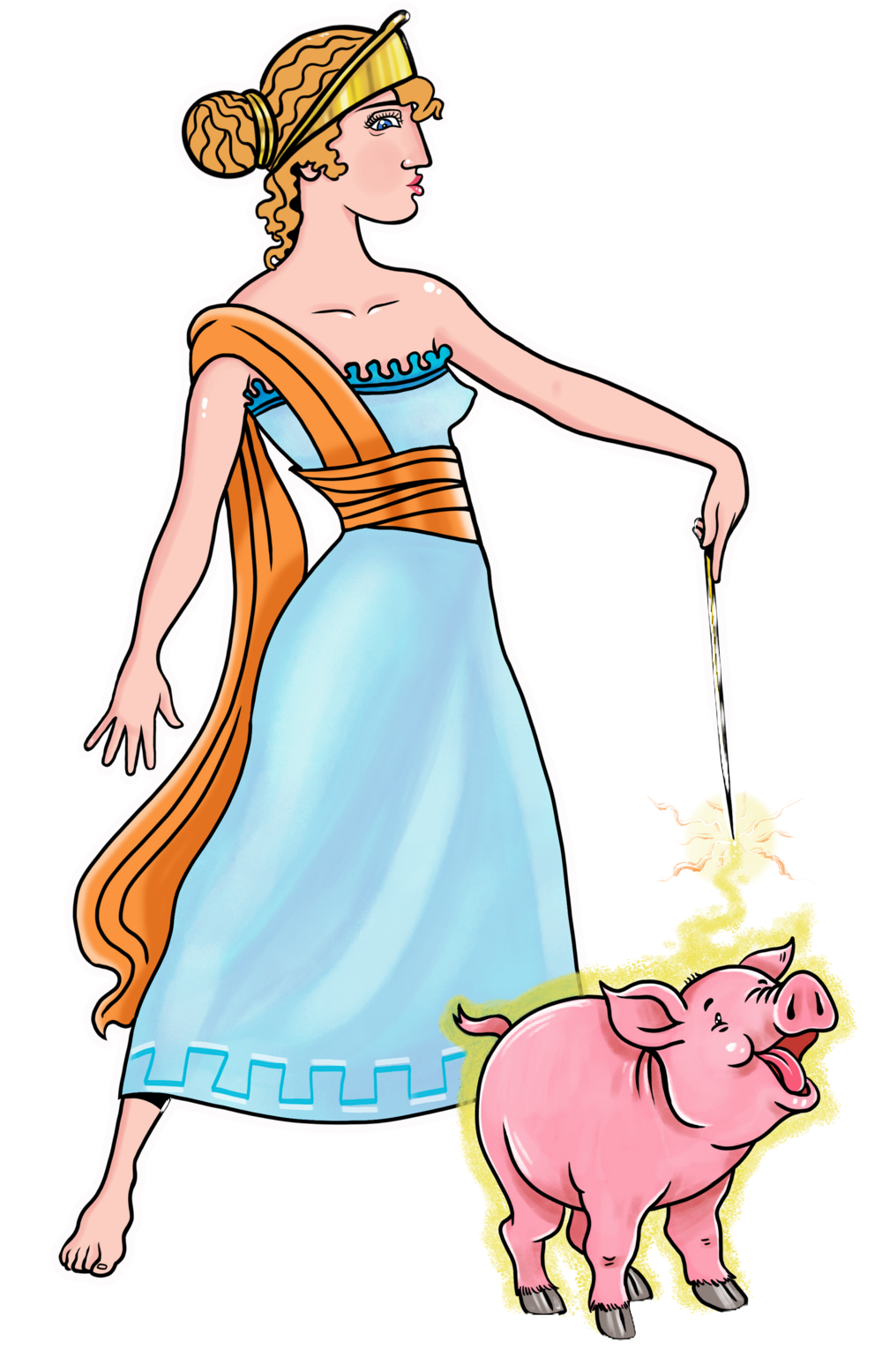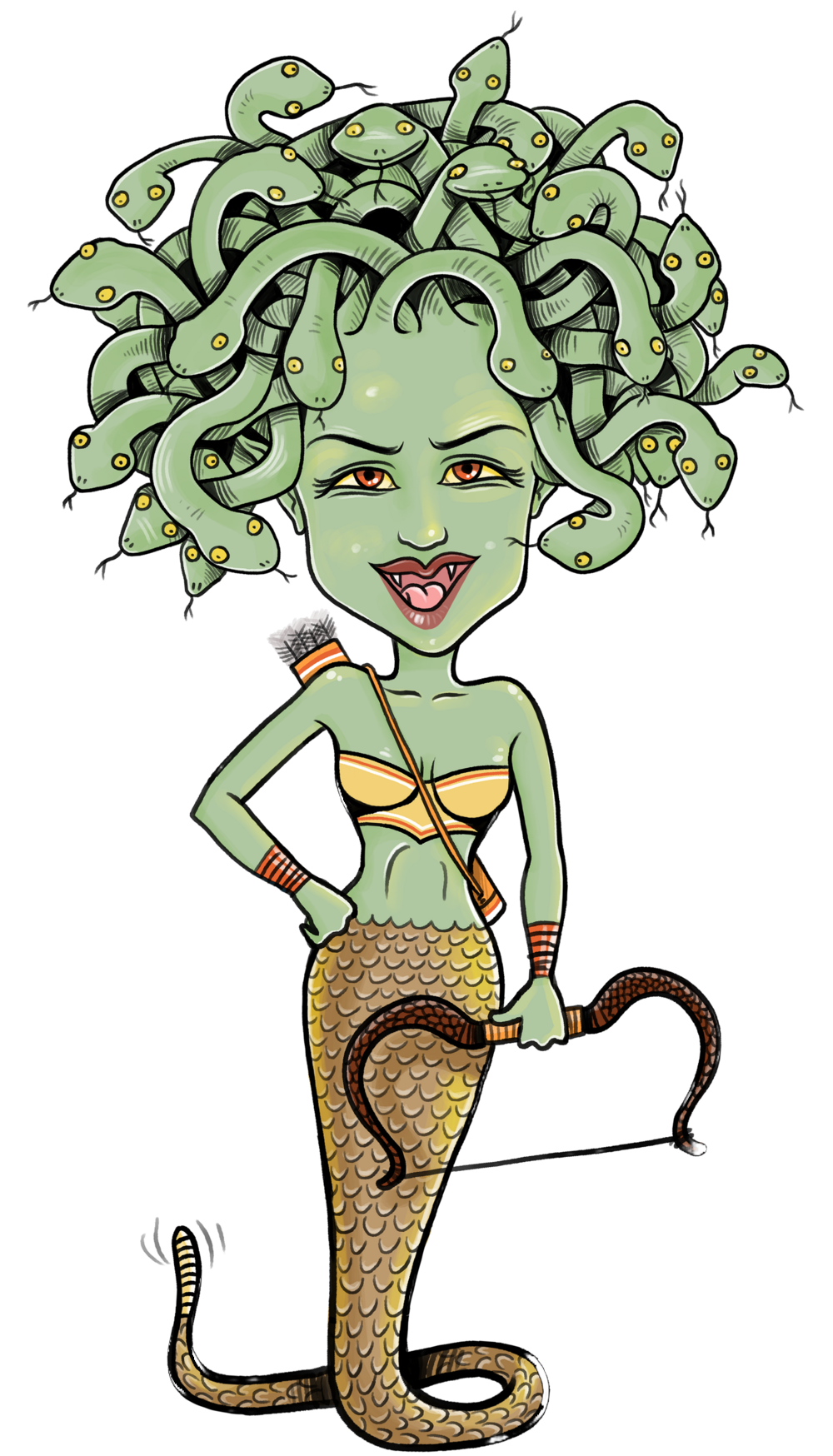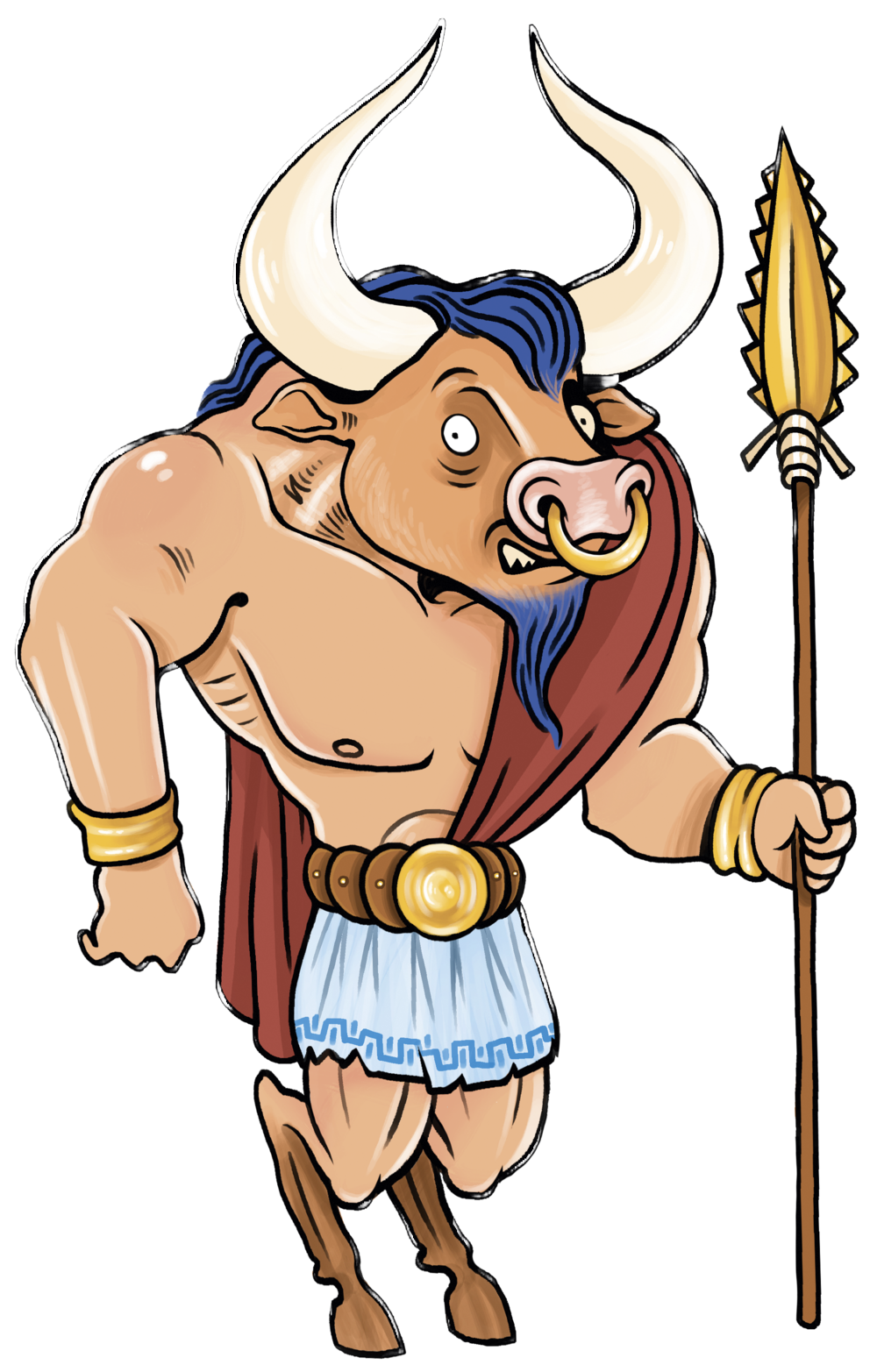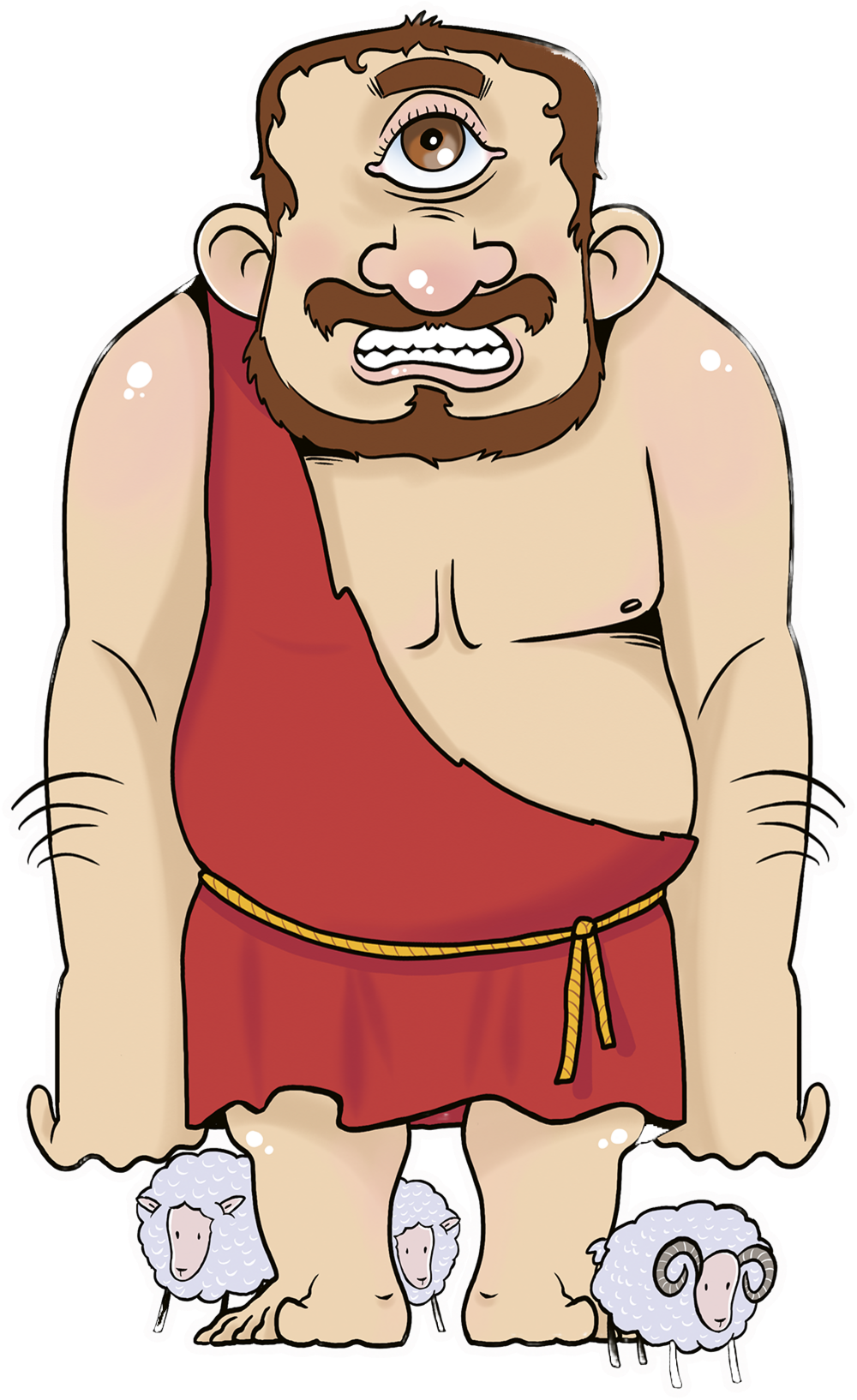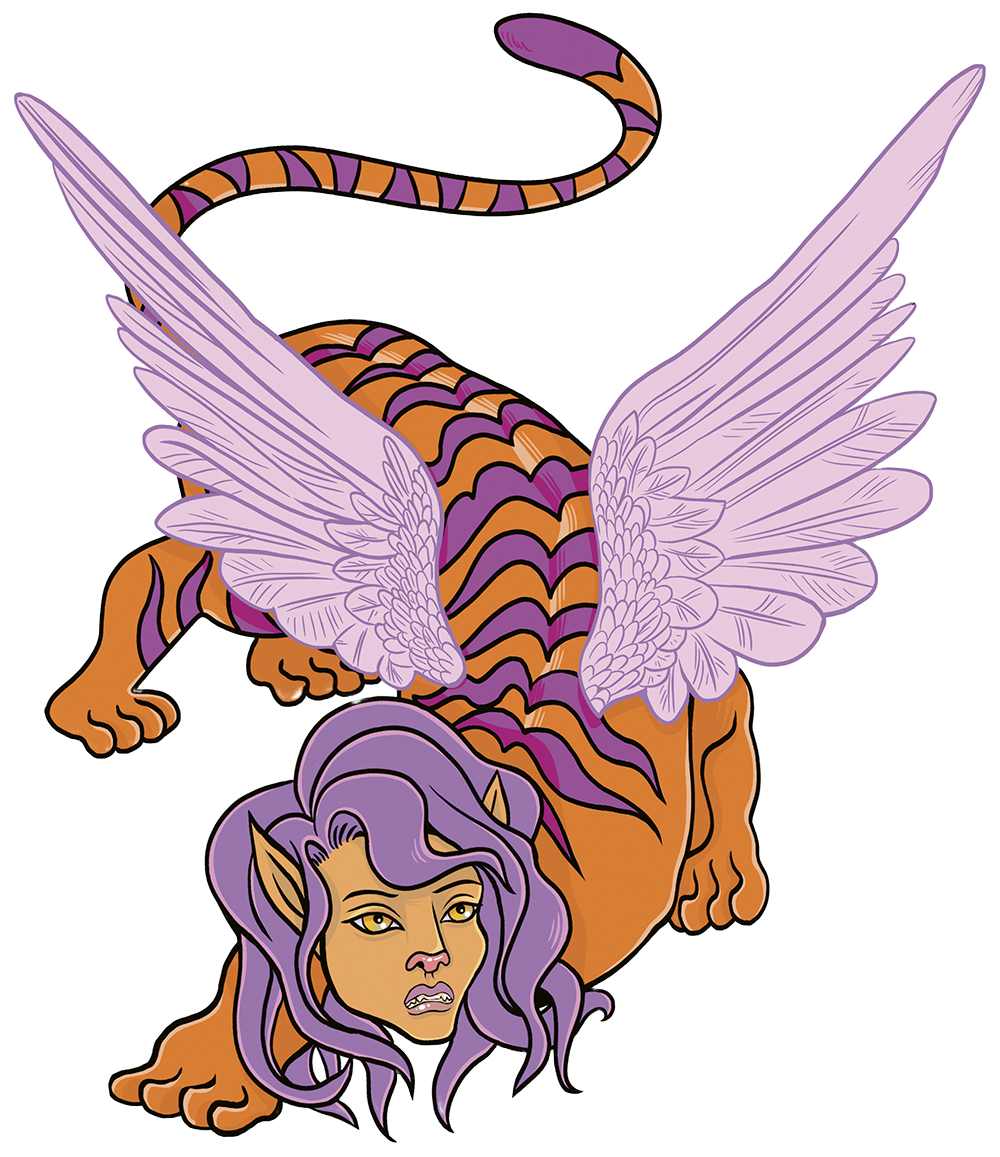HOMER
Homer
THE KING OF ALL POETS
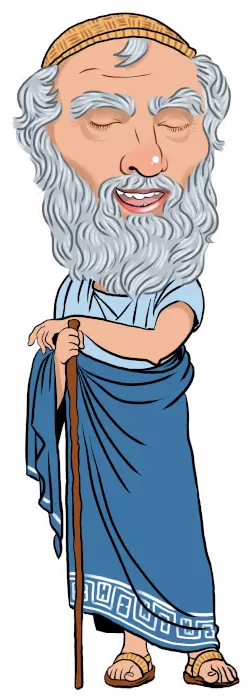
Homer was a legendary author, born in Greece in the 8th century BC, and presumably the one who wrote the two major epic poems, Iliad and Odyssey. His influence has been massive these past centuries, as his two masterpieces are the basis for Greek education and culture and have been translated in many languages, making them some of the most important ones in the Classical European tradition. According to the myths, Homer was blind and this might be the reason why his poems where first shared orally and were written many years later. He is referred as a “Poet Sovereign” and “King of all Poets”.

